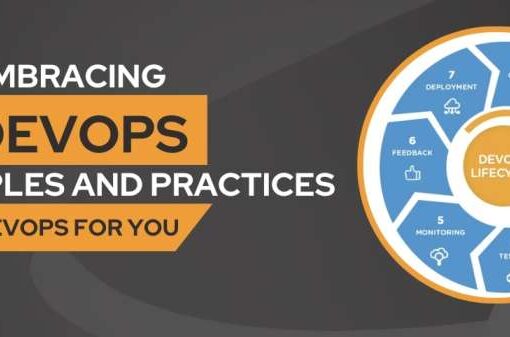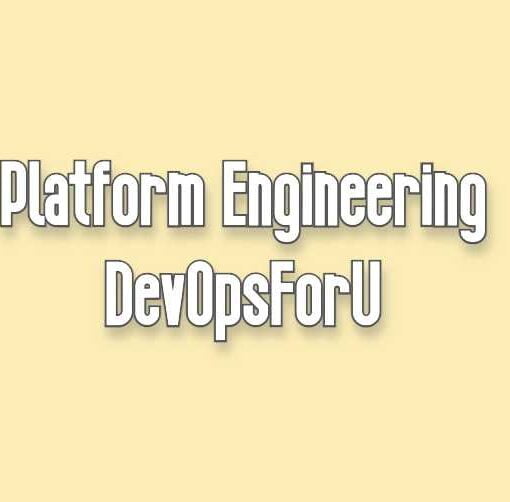A DevOps engineer is responsible for the design, development, and maintenance of the infrastructure and tools that support the software development and deployment process. This includes tasks such as setting up and configuring continuous integration and continuous delivery (CI/CD) pipelines, automating the deployment of code to various environments, and monitoring and troubleshooting the infrastructure and applications. Additionally, DevOps engineers often work closely with development teams to ensure that their infrastructure and tools meet the needs of the software development process and support the delivery of high-quality software products.

DevOps engineers often work with a variety of tools and technologies to improve the software development process. Some examples of these tools include:
- Version control systems such as Git, which are used to manage and track changes to the codebase
- Containerization tools like Docker and Kubernetes, which are used to package and deploy applications in a consistent and portable manner
- Configuration management tools like Ansible, Chef, and Puppet, which are used to automate the provisioning and management of infrastructure
- Continuous integration (CI) and continuous delivery (CD) tools like Jenkins, Travis CI, and CircleCI, which are used to automate the building, testing, and deploying of code
- Monitoring and logging tools like Prometheus, Grafana, and Elasticsearch, which are used to collect and analyze data about the performance and health of applications and infrastructure
- DevOps engineers are also familiar with cloud computing technologies and platforms like AWS, GCP, and Azure, and are able to use these platforms to create and manage cloud-based infrastructure.
In addition to working with these tools, DevOps engineers also need to be skilled in various programming languages, as well as in Linux/Unix administration and networking. They need to be able to understand, troubleshoot and optimize the code, infrastructure and the entire system.
A DevOps engineer typically works to improve the collaboration and communication between the development and operations teams and to automate and streamline the software development process. This can include implementing version control systems, creating and maintaining build and deployment scripts, and configuring monitoring and logging systems.
DevOps engineers may also be responsible for the management and maintenance of cloud-based infrastructure, such as Amazon Web Services (AWS), Microsoft Azure, or Google Cloud Platform (GCP). This includes tasks such as configuring virtual machines, setting up load balancers, and managing databases.
Additionally, many DevOps engineers have a strong background in software development and may be involved in coding and scripting, as well as testing and debugging. This allows them to understand the needs of the development team and to work effectively with them to ensure that the infrastructure and tools support the delivery of high-quality software.
In summary, a DevOps Engineer is a multi-disciplinary professional who needs to have a good understanding of the software development process, as well as the underlying systems and infrastructure that support it. They are responsible for the automation, management, and maintenance of the software development pipeline and work closely with development, operations and other teams to ensure that software is deployed quickly, reliably and securely.
This article is created based on experience but If you discover any corrections or enhancements, please write a comment in the comment section or email us at contribute@devopsforu.com. You can also reach out to us from Contact-Us Page.
Follow us on LinkedIn for updates!





